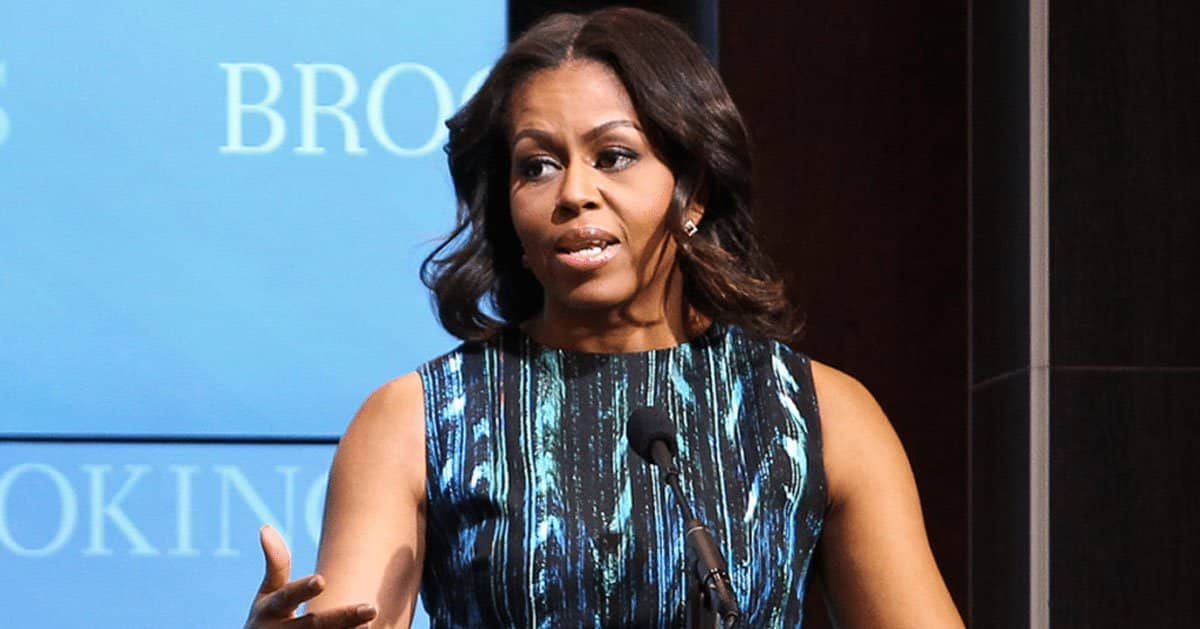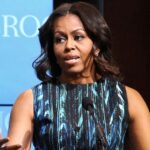







Nippon Steel and US Steel's recent lawsuit against President Joe Biden's decision to block their merger is casting a spotlight on international mergers and U.S.-Japan economic relations. The complaint, contesting the acquisition's rejection on national security grounds, is set to unfold in the U.S. Court of Appeals in Washington.
The Bangkok Post reported that Nippon Steel and US Steel, expressing disapproval of President Biden's decision to prevent their $4.9 billion merger, have initiated a legal challenge, highlighting potential fallout for U.S.-Japan business ties and international investments in America.
President Biden's decision, revealed last Friday, raised both support and concerns across various sectors.
The administration's stance, aimed at safeguarding national security, received endorsements from the United Steelworkers union. The union hailed it as a crucial move to sustain a resilient American steel industry.
The steel corporations are accusing the Biden administration of "illegal interference," arguing that the blockage stemmed from "purely political reasons." They contend that the acquisition would be beneficial, especially for US Steel, while some detractors warn that job losses could follow.
Tokyo has not been silent about the operational blockage. Japan's Prime Minister Shigeru Ishiba has voiced his trepidations about the ramifications this move could have on Japan-U.S. investment avenues. He underscored the growing apprehension among Japan's industrial sectors brought on by this development.
A particular aspect of the decision drawing bipartisan support involves President Biden and President-elect Donald Trump both opposing the merger, signaling a unified stance across political aisles. This notable agreement echoes underlying national concerns extending beyond mere political investment alliances.
Critics include bodies such as the US Chamber of Commerce, pointing to the undesirable "chilling effect" that this could impart on global investments in the United States. The chamber recognized the significant investment contributions from Japan to the American market and warned against the potential decline following such legislative decisions.
The Japanese business group Keizai Doyukai echoed these sentiments, articulating worries about reinforced protectionism anticipated under the upcoming Trump administration. They called for strengthened alliances with nations like South Korea, Australia, and India.
As both steel giants pursue legal recourse, they challenge the review process conducted in Washington's court. This lawsuit is not just a legal maneuver but also a query into the sincerity of the national security reasons given for rejecting the acquisition.
The disapproval from Japanese and some American business communities contrasts with the cautious optimism of domestic steel stakeholders. For them, the priority remains a fortified national steel production capability.
In light of this decision, the conversation about Japan-U.S. economic dynamics takes center stage. Prime Minister Ishiba calls for robust government actions to stem the unease spurred by the blocked merger. Maintaining effective international trade lanes is a concern mirrored by enterprises on both sides of the Pacific.
The multifaceted responses spotlight the complexity underlying international business deals of this magnitude. As litigation proceeds, the focus shifts to the broader implications for foreign enterprises looking toward the U.S. market.
U.S. Steel and Nippon Steel are convinced of the strategic importance of their proposed merger, framing it as essential assistance to US Steel's growth. Nonetheless, the domestic discourse hints at concerns over market influence and employment, pushing the narrative that national interests surpass other economic considerations.
The impending court decision will weigh not only on immediate trade relations between Japan and the United States but also on the broader framework of international investments. Washington will become a focal point for this significant commercial and legal discourse.



